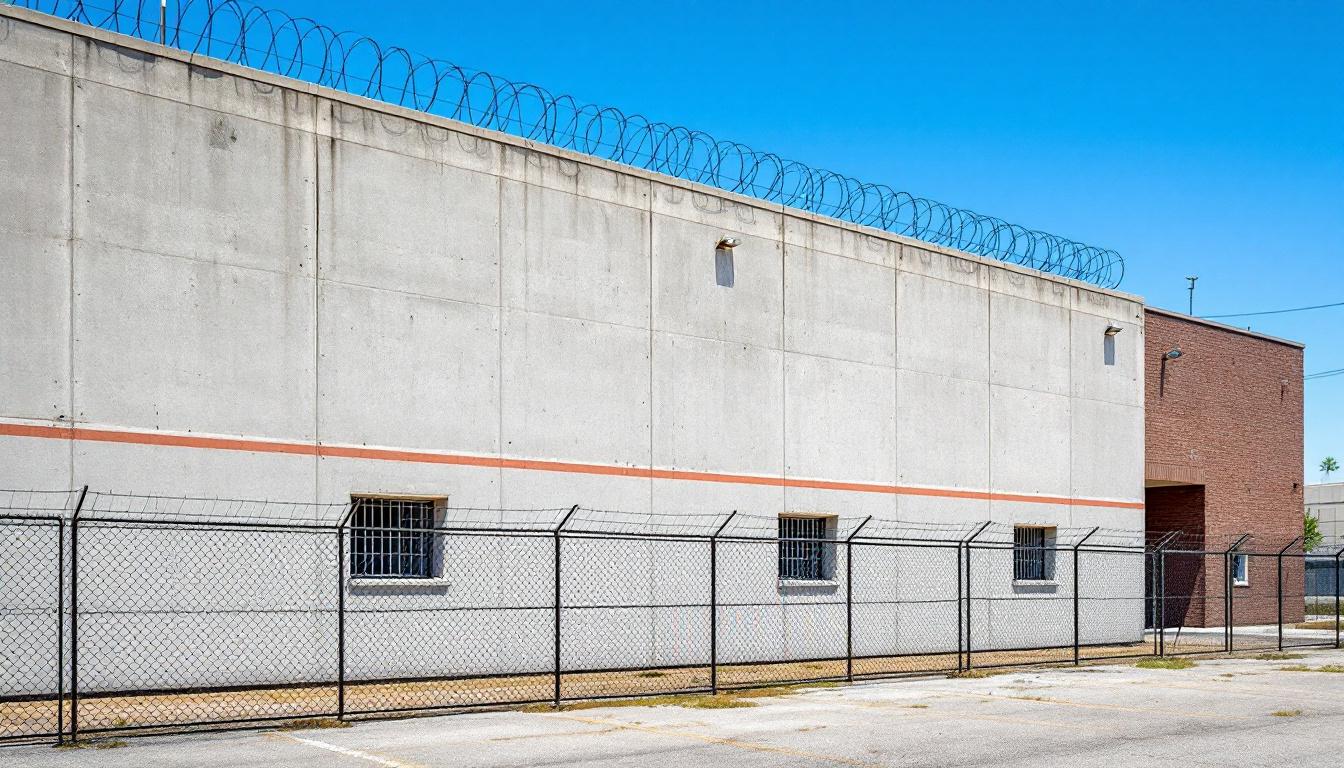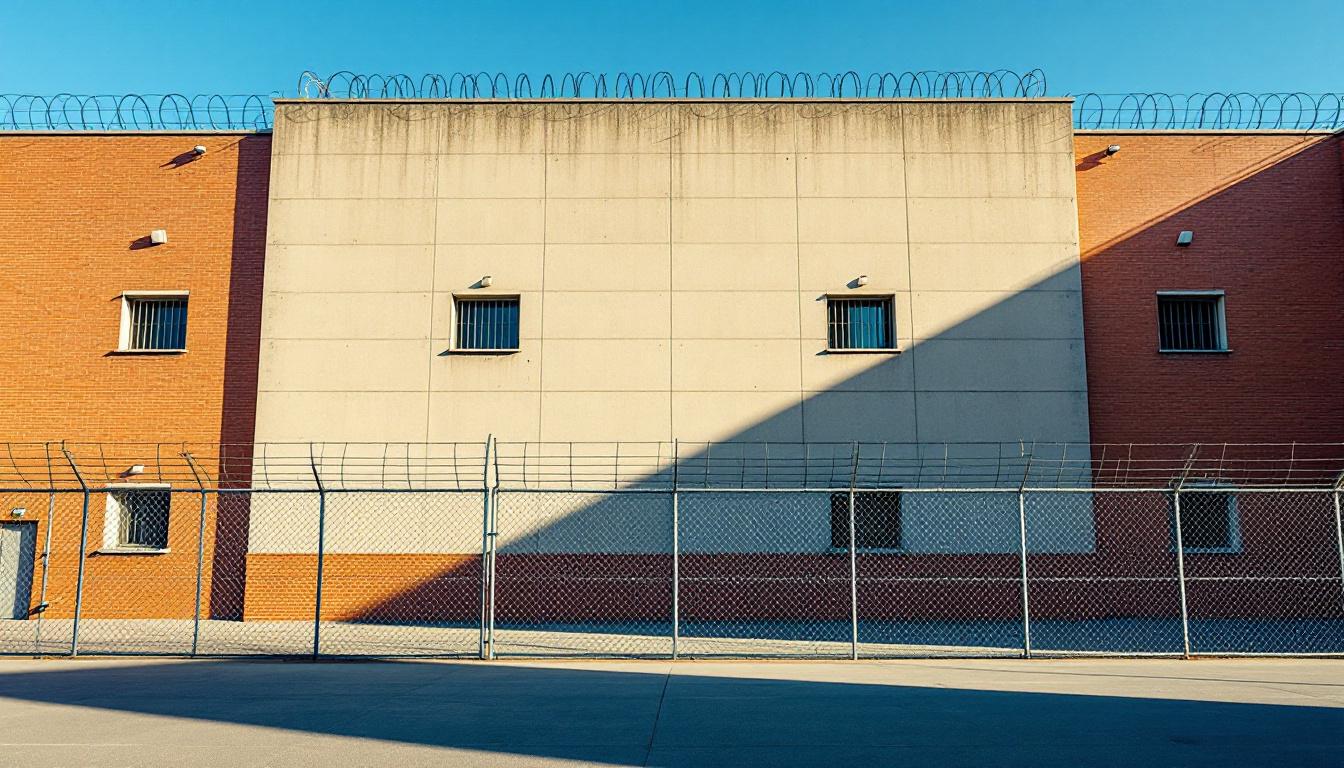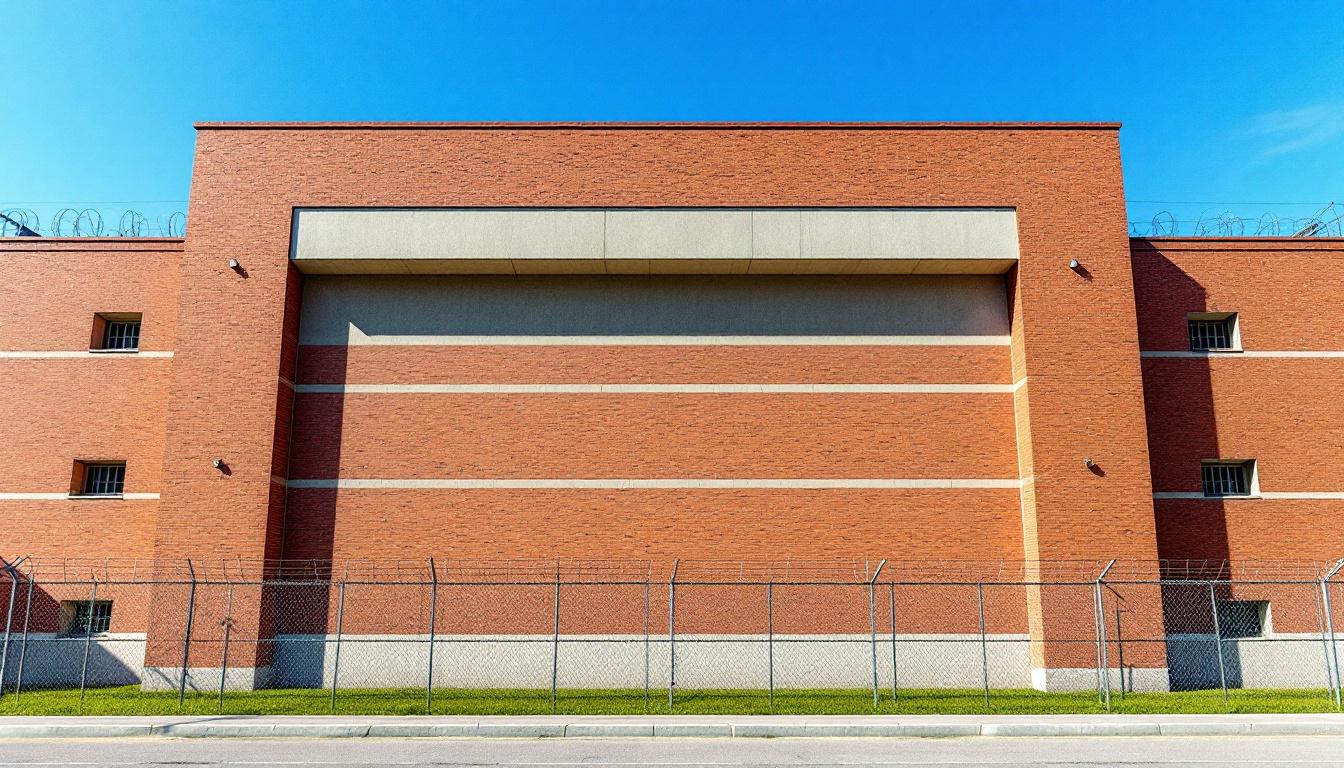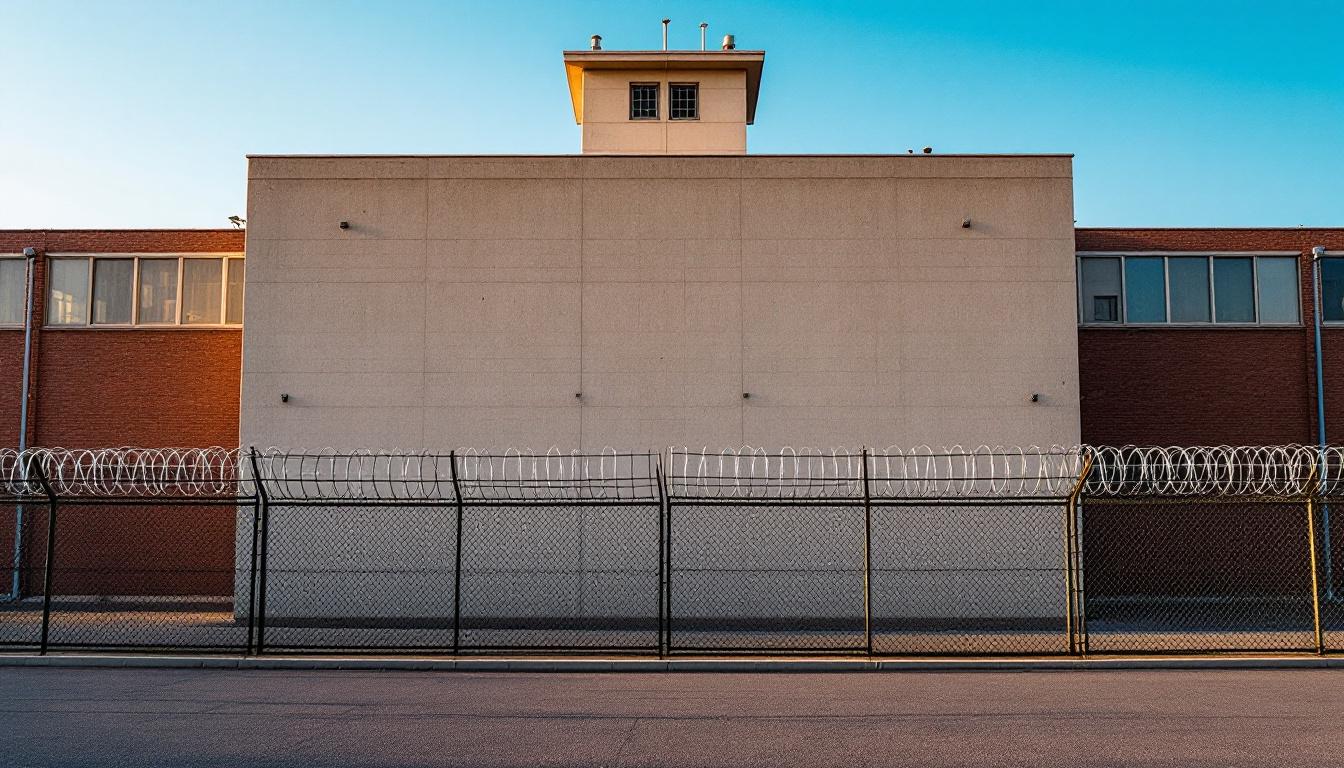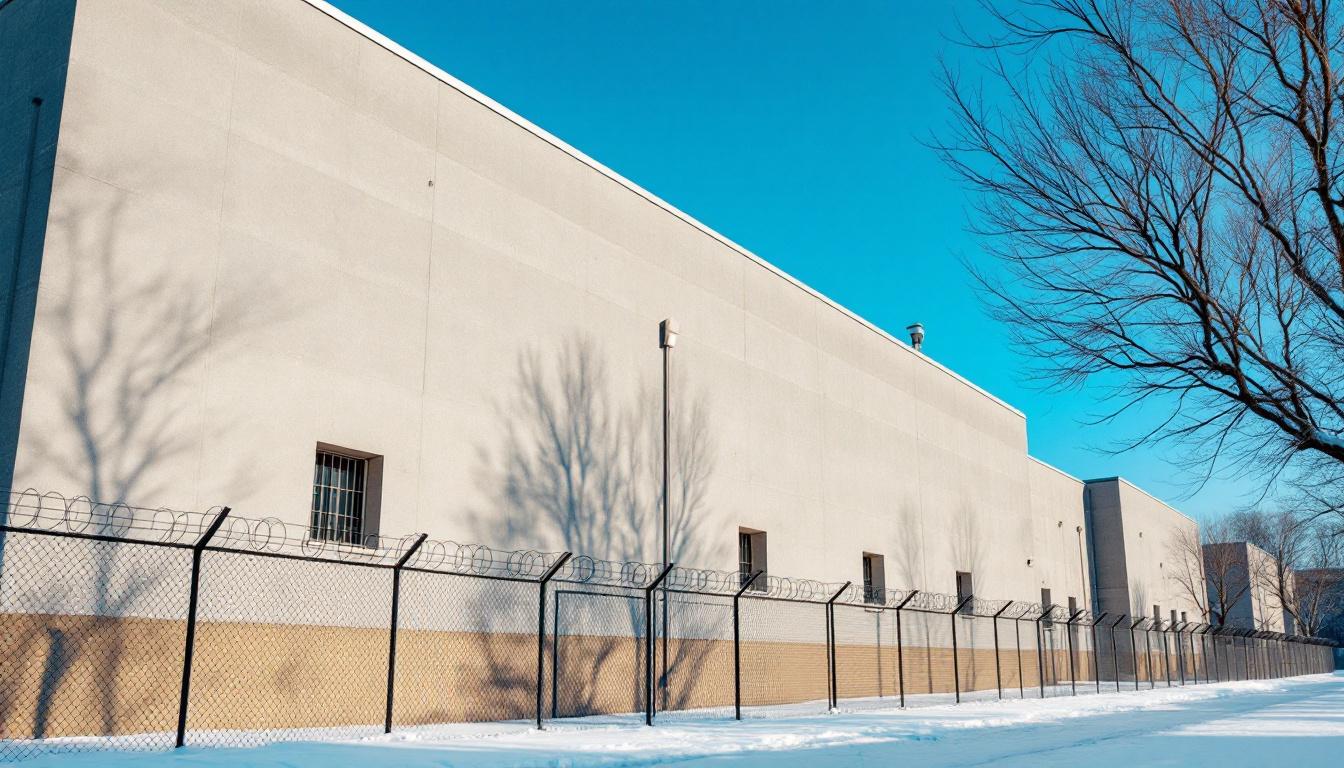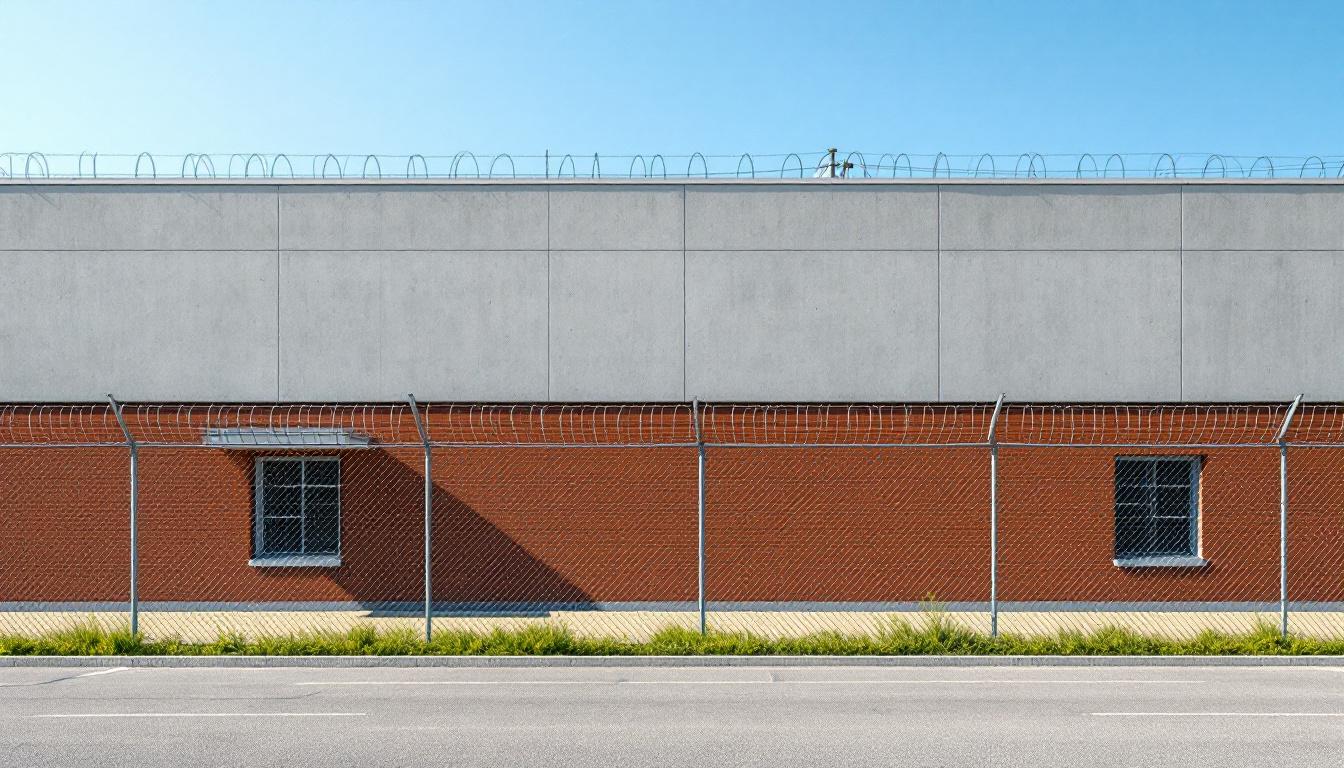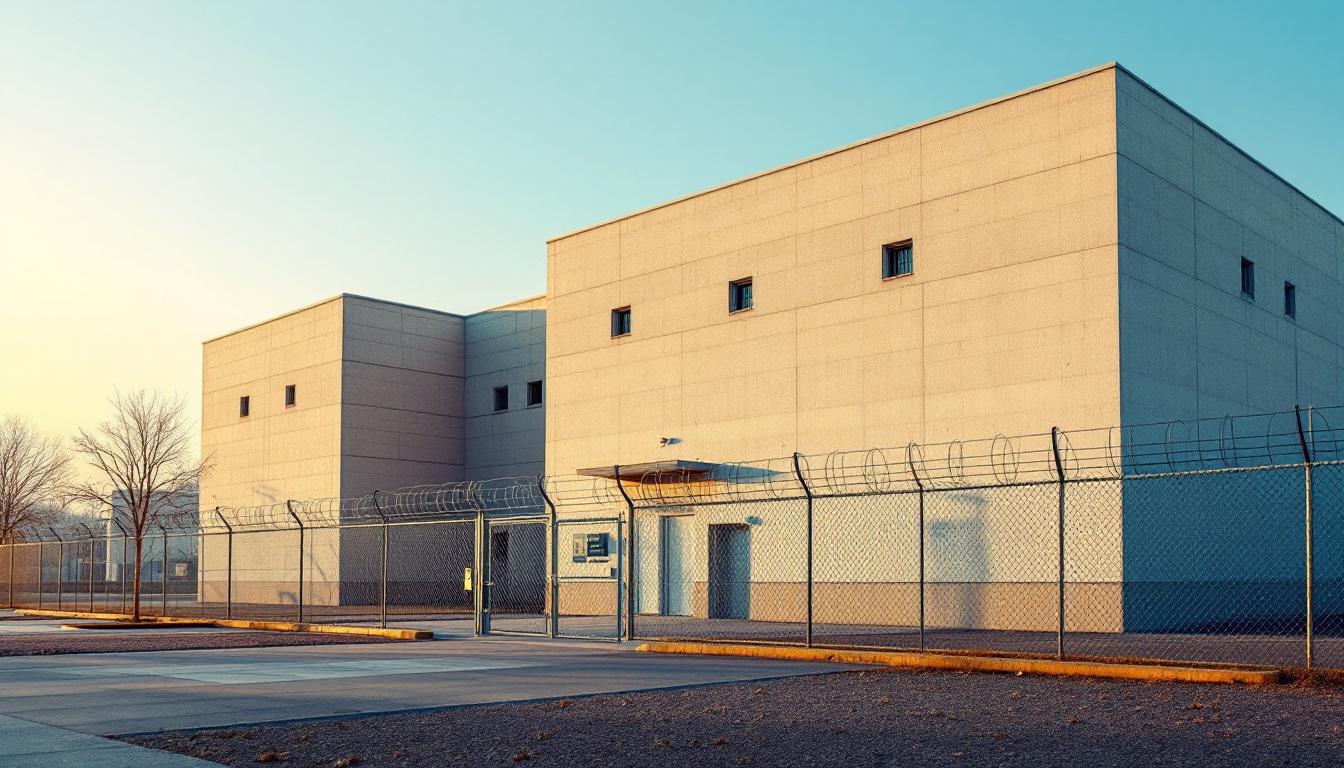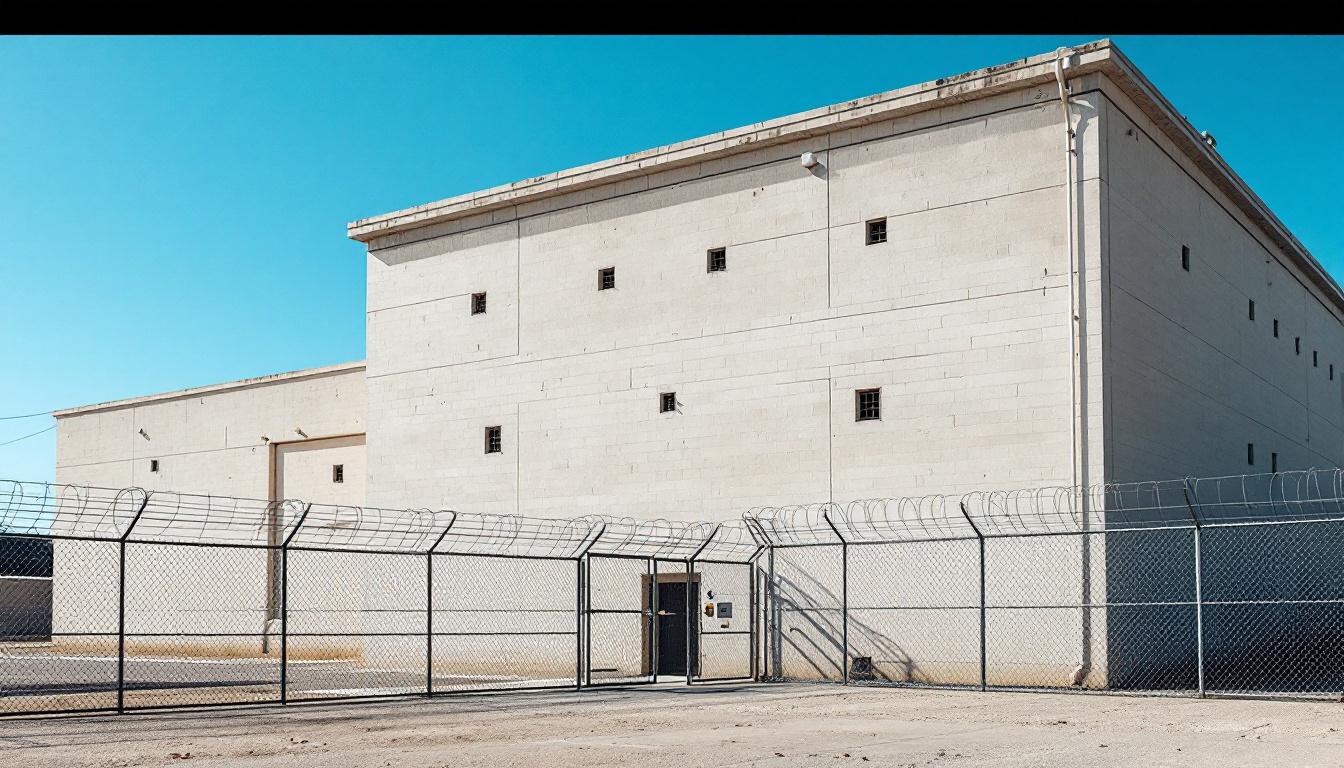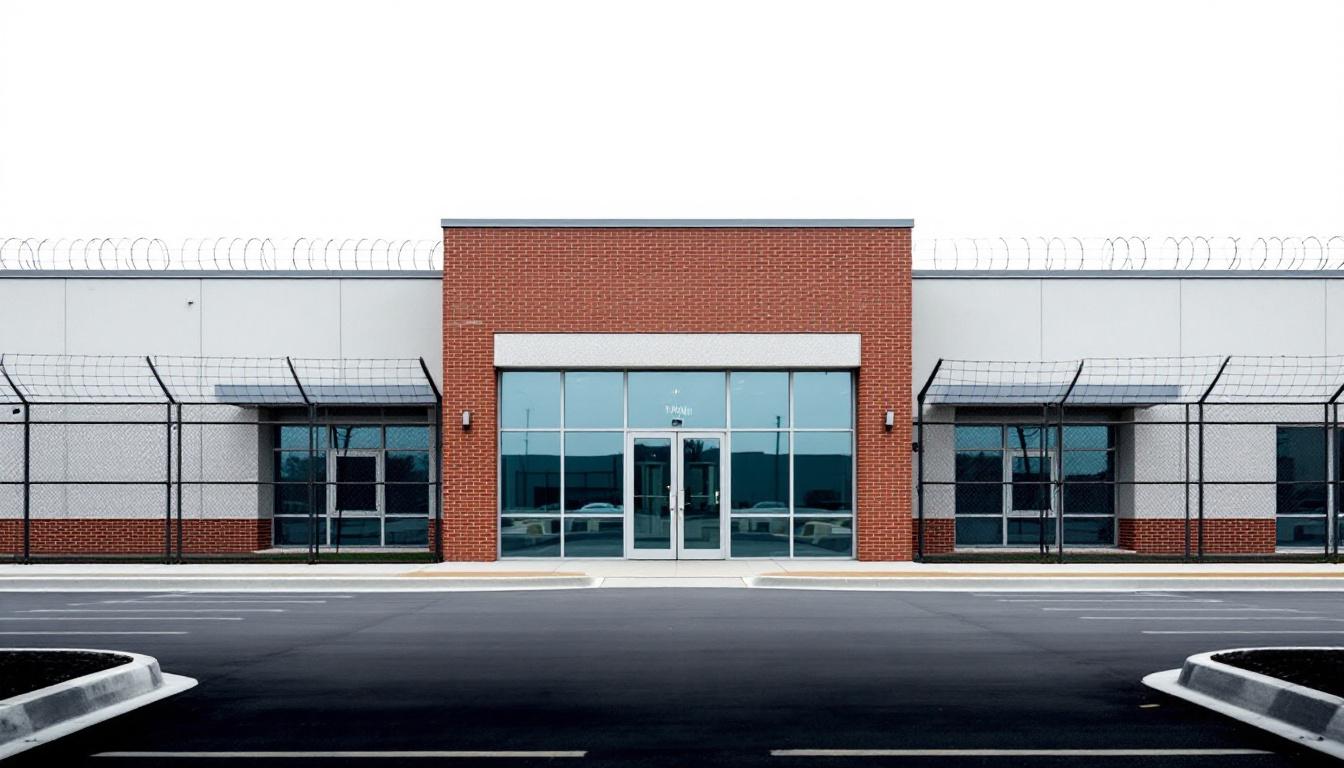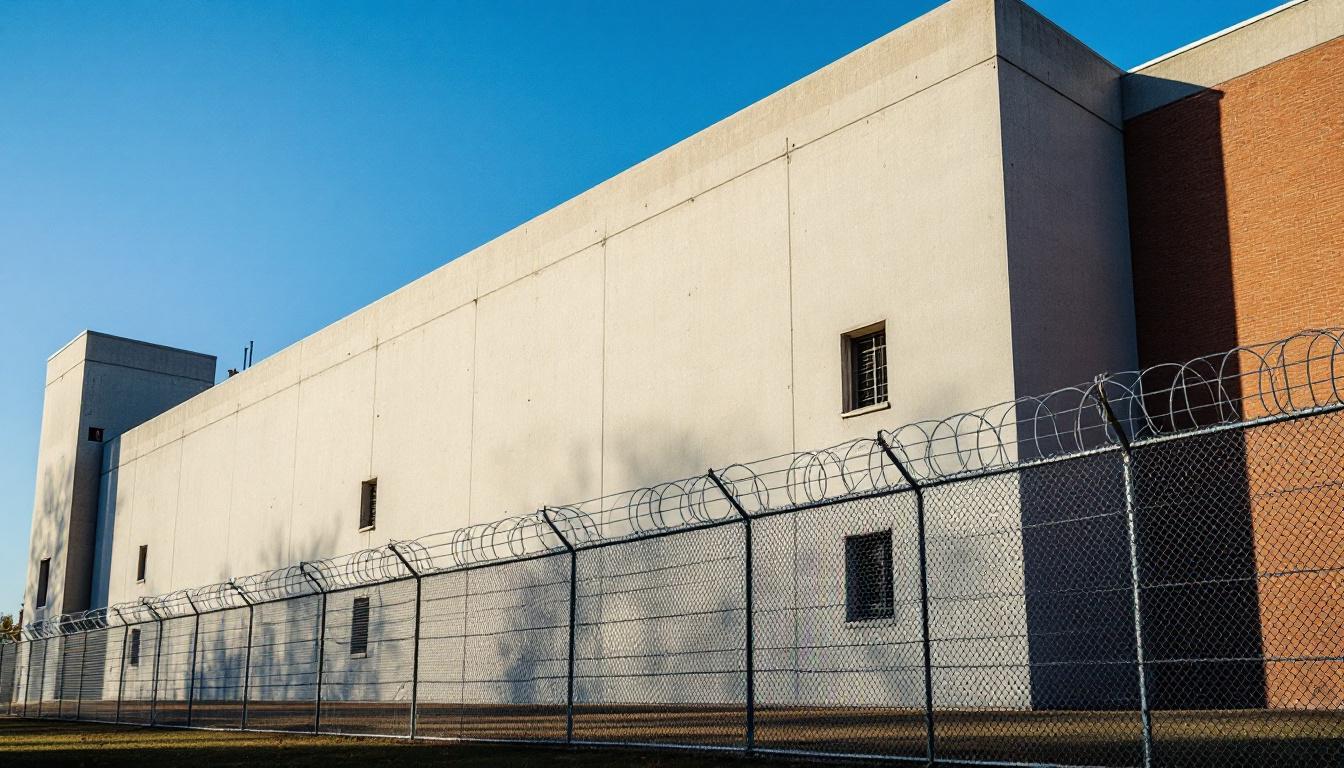
Quick Navigation
How to contact an inmate at Dixon Correctional Institute
This comprehensive guide will walk you through how to connect with an inmate at Dixon Correctional Institute. Follow the steps below to find an inmate and send letters and photos:
- Search for the inmate using our search tool below
- Create your account or log in to Penmate
- Write your message (up to 6,000 characters)
- Send instantly - inmates receive printed copies daily
Find an Inmate
Search for an inmate to start communicating today
Tip: You can search by first name, last name, or inmate ID number
To contact a person at Dixon Correctional Institute start by searching for the person on the official facility website. Perform a search by following these steps:
- Step 1: Enter their first name and last name into the search form and click "Search"
- Step 2: Locate their inmate record
- Step 3: Write down their Inmate ID and any housing information provided
Important! Be sure to enter the person's full name. Nicknames should not be used.
How to Send Messages to Inmates

You can use your phone or computer to send emails, letters, and photos to an inmate. Messages are sent electronically to inmate tablets or kiosks at the facility. If you would like to send a message, start by searching for an inmate at Dixon Correctional Institute.
Sending Photos and Postcards

A great way to send love and support to a loved one at Dixon Correctional Institute is to send photos and postcards. It only takes a few minutes to send photos from your phone and it makes a huge difference. You can also mail postcards with words of support and inspiration, or design your own postcard for special moments like birthdays and holidays.
Important! Be sure not to send any explicit photos or they may not be approved by the facility. You can also use a photo printing app like Penmate to make sure your photos are printed at the correct size (4x6 or 3x5) and are mailed according to the rules and regulations of Dixon Correctional Institute.
Frequently asked questions about Dixon Correctional Institute
-
How long does it take to deliver a message?
If you're sending an email message your letter is usually delivered within 24-48 hours. For messages sent via mail you should expect delivery within 3-7 days. All messages will need be approved by Dixon Correctional Institute.
-
How much does it cost to send a message to Dixon Correctional Institute?
You can send a message free using your phone or mail a message via USPS for the price of a $0.60 stamp and envelope. You can also purchase credits or e-stamps from services starting at $1.99.
-
What services can I use to contact an inmate at Dixon Correctional Institute?
Penmate
You can use Penmate to send letters and photos to an inmate from your phone. It's an easy way to stay in touch during your loved one's incarceration. Use the inmate locator to find an inmate's location and contact information, then you can send messages within a few minutes.
Securus messaging
Securus may be another option for communicating with an inmate at Dixon Correctional Institute. You can create a friends and family account and purchase credits to send messages. All messages will be reviewed and must be approved by the facility.
JPay
Some county jails and state prisons may support sending messages with JPay. You must register an account with the system, find your loved one, and purchase stamps to send messages. For some locations you can also attach photos.
Smart Jail Mail
You may also check if Smart Jail Mail is available at Dixon Correctional Institute. Smart Jail Mail is operated by Smart Communications and has contracted with some state and county jails. After purchasing credits, your messages and photos are sent to the facility, printed out, and then handed out to your loved one.
-
What is the mailing address of Dixon Correctional Institute?
Mailing address:
Dixon Correctional Institute
5568 LA-68
Jackson, LA 70748
Phone: (225) 634-1200Business hours:
- Monday: 8:00 AM – 4:00 PM
- Tuesday: 8:00 AM – 4:00 PM
- Wednesday: 8:00 AM – 4:00 PM
- Thursday: 8:00 AM – 4:00 PM
- Friday: 8:00 AM – 4:00 PM
- Saturday: 8:00 AM – 4:00 PM
- Sunday: 8:00 AM – 4:00 PM
-
What are the visiting hours at Dixon Correctional Institute?
Visiting hours at Dixon Correctional Institute vary by housing unit and security level. Generally, visits are scheduled on weekends and holidays, with some facilities offering weekday visits. Contact the facility directly at (225) 634-1200 or check their website for the current visiting schedule. Visits typically last 30-60 minutes and must be scheduled in advance.
-
What items are prohibited when sending mail to Dixon Correctional Institute?
Prohibited items typically include: cash, personal checks, stamps, stickers, glitter, glue, tape, staples, paperclips, polaroid photos, musical or blank greeting cards, hardcover books, magazines with staples, and any items containing metal or electronics. Only send letters on plain white paper with blue or black ink. Photos must be printed on regular photo paper (no Polaroids). Always check with Dixon Correctional Institute for their specific mail policies.
-
How do I send money to an inmate at Dixon Correctional Institute?
You can send money to an inmate at Dixon Correctional Institute through several methods: 1) Online using JPay, Access Corrections, or the facility's approved vendor, 2) Money orders mailed directly to the facility with the inmate's name and ID number, 3) Kiosks located in the facility lobby, or 4) Over the phone using a credit or debit card. Fees vary by method, typically ranging from $2.95 to $11.95 per transaction.
-
Can I schedule a video visit with an inmate at Dixon Correctional Institute?
Many facilities now offer video visitation as an alternative to in-person visits. At Dixon Correctional Institute, video visits may be available through services like Penmate, Securus Video Connect, GTL, or ICSolutions. Video visits typically cost $10-20 for 20-30 minutes and must be scheduled in advance. You'll need a computer or smartphone with a camera and reliable internet connection. Contact the facility for their specific video visitation policies and approved vendors.
-
What identification do I need to visit an inmate at Dixon Correctional Institute?
All visitors must present valid government-issued photo identification such as a driver's license, state ID, passport, or military ID. Minors must be accompanied by a parent or legal guardian who can provide the minor's birth certificate. Some facilities require visitors to be on the inmate's approved visitation list, which may require a background check. Contact Dixon Correctional Institute for specific ID requirements and visitor approval procedures.
-
How can I find out an inmate's release date?
To find an inmate's release date at Dixon Correctional Institute, you can: 1) Use the online inmate search tool if available, 2) Call the facility's records department, 3) Contact the inmate's case manager or counselor, or 4) Have the inmate provide this information during a call or visit. For privacy reasons, some facilities only release this information to immediate family members.
Facility Overview
Official Website
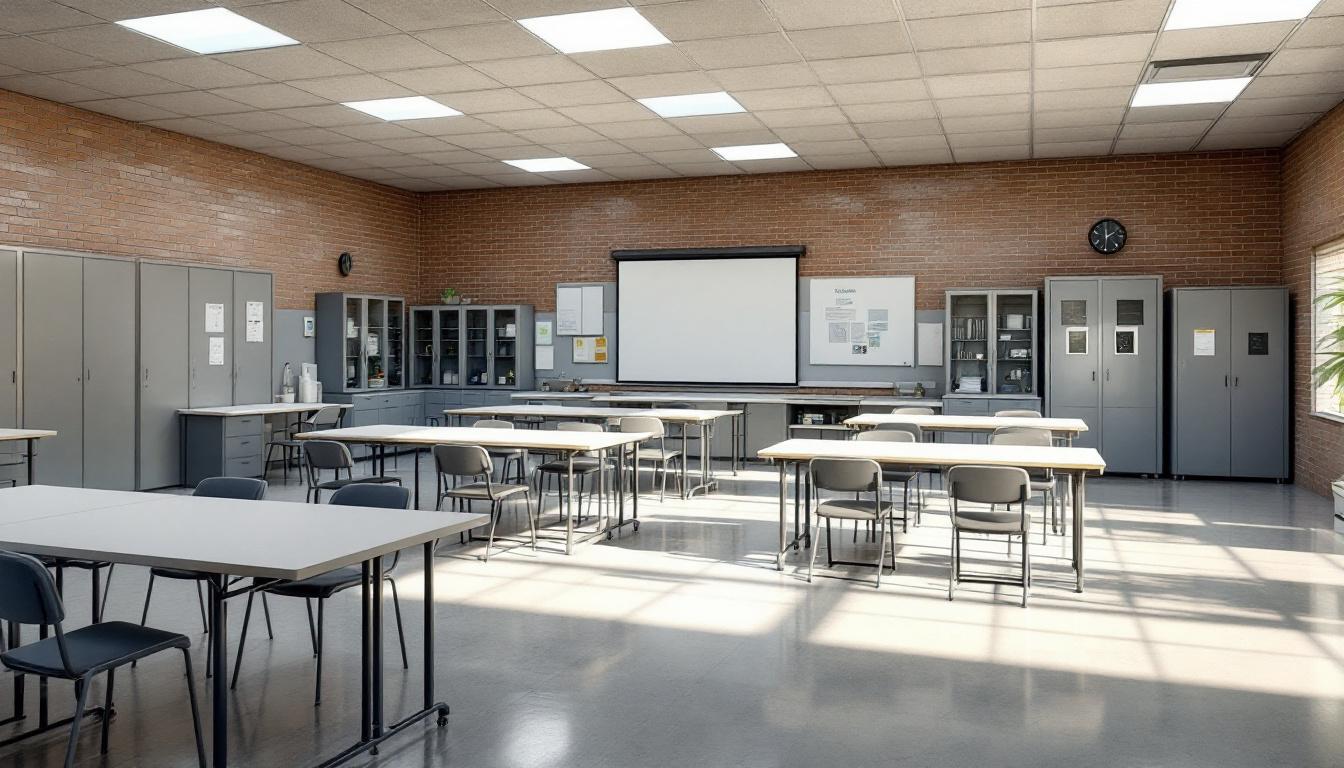
About Dixon Correctional Institute
Correctional institutions serve as pivotal bridges between justice and community healing, and within Jackson's landscape, this philosophy takes on particular significance through the work being done at Dixon Corrections Institution, LA. The facility operates as part of Louisiana's broader correctional framework, where the emphasis increasingly centers on preparing individuals for meaningful reintegration into the communities they will eventually rejoin.
Rooted in the historical understanding that effective corrections must extend beyond confinement, this LA correctional facility typically emphasizes programming that connects directly to community needs and family preservation. The population services often include educational opportunities, vocational training aligned with regional employment demands, and counseling programs designed to address the underlying factors that contribute to criminal behavior. These initiatives generally reflect a recognition that successful outcomes depend heavily on maintaining and strengthening the bonds between incarcerated individuals and their support networks throughout the Jackson area and beyond.
Community partnerships may play a central role in the facility's approach to rehabilitation, as local organizations, faith-based groups, and educational institutions often collaborate to provide resources that extend the correctional institution's reach into meaningful post-release support. This network-centered model typically recognizes that lasting change occurs when families, communities, and correctional professionals work together toward shared goals of safety, accountability, and successful reintegration into Louisiana's communities.
Programs & Services
Through comprehensive programming designed to address the multifaceted needs of incarcerated individuals, Dixon Corrections Institution in Louisiana demonstrates its commitment to fostering personal growth and successful community reintegration. The facility's approach to rehabilitation centers on providing structured opportunities that build essential life skills while strengthening connections to family and community. These carefully coordinated services recognize that meaningful change occurs when individuals are equipped with both practical capabilities and the emotional support necessary to navigate challenges constructively.
Educational programming forms a cornerstone of the institution's offerings, typically providing foundational literacy instruction alongside more advanced academic coursework for those seeking to complete their high school equivalency. Tutoring programs may supplement formal classroom instruction, creating peer-to-peer learning environments that reinforce academic concepts while building collaborative relationships among participants. Furthermore, vocational training opportunities often include specialized instruction in areas such as small engine repair, which equips the population with marketable technical skills that align with regional employment demands and provide pathways to economic stability upon release.
The institution's support services encompass faith-based programming that may offer spiritual guidance and community connection for those seeking such resources. Communication skills development typically focuses on conflict resolution, interpersonal effectiveness, and professional interaction techniques that prove invaluable in both institutional and community settings. Additionally, reentry preparation programs often include comprehensive planning sessions that address housing, employment, and family reunification concerns, ensuring that individuals leave the facility with concrete strategies for successful community integration and the tools necessary to maintain positive relationships with their support networks.
Daily Life & Visitation
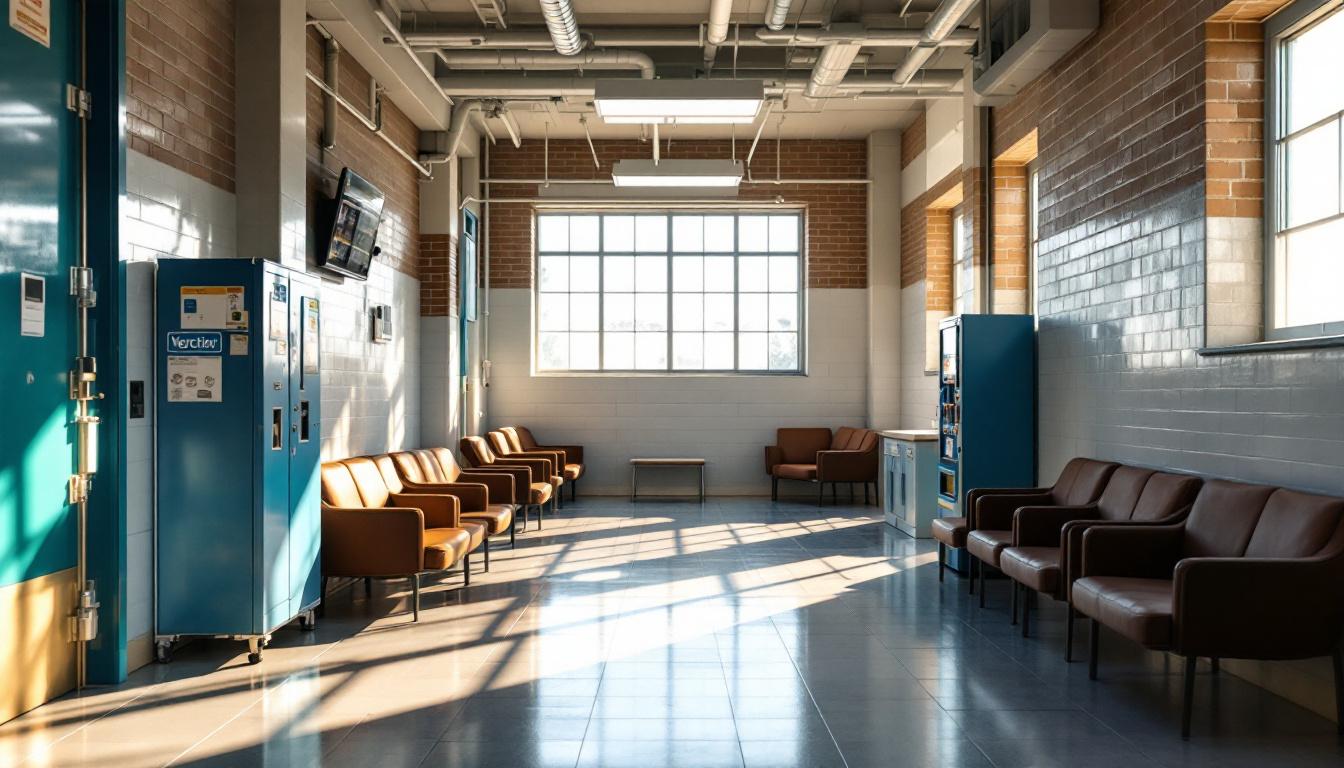
The systematic organization of daily routines at Dixon Correctional Institution creates a framework that now governs every aspect of life for the population, with carefully structured schedules that regularly guide individuals through their days from early morning counts to evening lockdown procedures. This institutional framework typically begins before dawn and extends through multiple shifts, ensuring that the population moves through designated activities in an orderly fashion while maintaining security protocols throughout the facility's various housing units and common areas.
Furthermore, the living accommodations generally consist of dormitory-style housing units and individual cells, depending on security classification levels, where the population typically shares spaces that include basic furnishings such as beds, storage areas, and bathroom facilities. The dining arrangements usually involve scheduled meal times in centralized cafeterias, where the population receives meals that meet nutritional standards, although commissary privileges may allow individuals to supplement their diets with approved items purchased through the facility's store system. Personal property regulations typically govern what items residents may possess in their living spaces, with allowances generally made for limited personal effects, approved reading materials, and basic hygiene products.
Although recreational opportunities may vary based on security levels and facility resources, the population usually has access to outdoor recreation yards, gymnasium facilities, and organized activities that supply both physical exercise and structured social interaction. Work assignments typically include kitchen duties, maintenance tasks, laundry operations, and various facility support roles that provide the population with daily responsibilities and may offer modest compensation. Visitation policies generally allow approved family members and friends to maintain contact through scheduled visits, telephone calls, and correspondence, while programming schedules often include educational classes, vocational training opportunities, and counseling services designed to support rehabilitation goals and prepare individuals for eventual reintegration into their communities.
Ready to Connect?
Start communicating with your loved one today
Search for an Inmate
